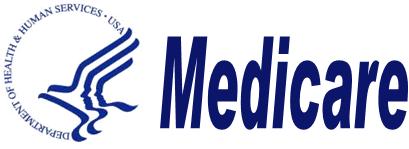Geriatrics in the New Millennium
Geriatrics is the medical care and treatment of older people. In the United States, over 13% of the population is 65 years of age or older. The average life expectancy in 1991 was over 75 years of age. Illnesses that commonly affect older people are osteoporosis, Alzheimer’s disease, diabetes, arthritis, heart disease, hypertension, pneumonia, and cancer (especially breast, colon, prostate). At the Medical Associates of the Hudson Valley, we are committed to treating the diseases of the elderly in order to maintain their quality of life.
Geriatric medicine often entails knowing what is normal aging as opposed to what is pathologic. In addition, it involves control and treatment of chronic diseases such as diabetes, hypertension, and heart disease, rather than an overall cure of a disease process such as a pneumonia. Often diseases can have atypical presentations in older people and more often a person has more than one disease process occurring at one time. Early intervention is critical in order to prevent a domino-effect whereby one treatable disease process causes failure in multiple organ systems. An example of this would be a pneumonia which, if not aggressively treated, may lead to heart failure, respiratory failure, kidney failure and confusion.
Older people are particularly prone to this effect because their bodies do not have the reserve capacity which is present in younger people. The aging process causes an older person’s heart, kidneys and vascular system to be compromised. The older person with pneumonia may also have concomitant diabetes, heart disease, kidney disease, and dementia. The pneumonia will make all these diseases worse.
Older people are often on multiple medications. It is important to be well-acquainted with their medications, side effects, and interactions with each other. Medications also have to be adjusted for the age of the person. Adverse drug events are a serious problem in older people and can lead to confusion, falls, and subsequent fractures.
Preventive care is important at all ages, however, most important in older people. Many of the diseases and problems we see, such as heart disease, vascular disease, osteoporosis, and fractures are preventable. It is important to have a holistic view of the person and the environment in which they live. We practice preventive care in order to prevent problems in the future. There are many advances in geriatric medicine that should continue to improve the longevity and quality of life for all of us. We wish you a healthy and fruitful life and thank you for visiting our web site.









